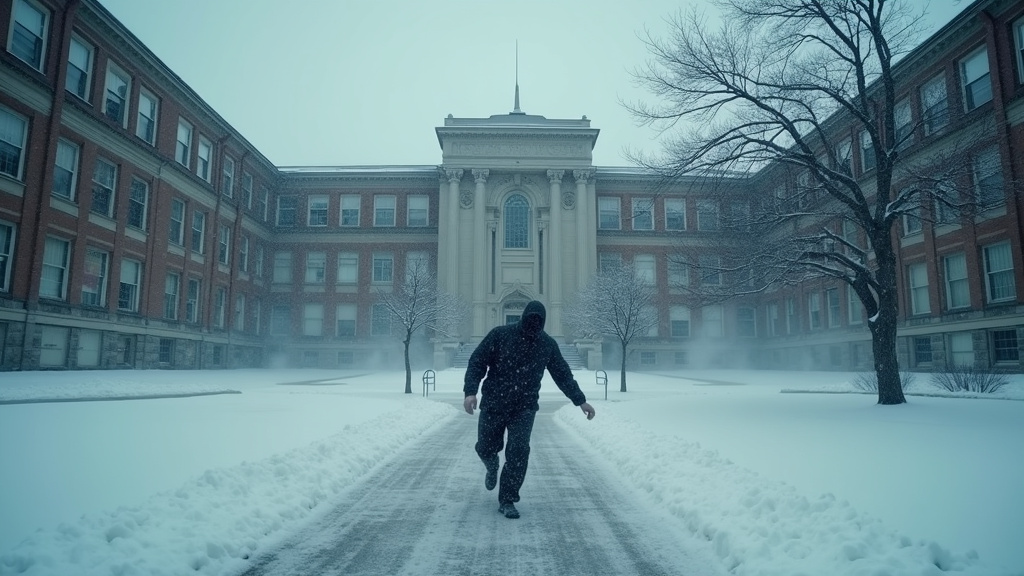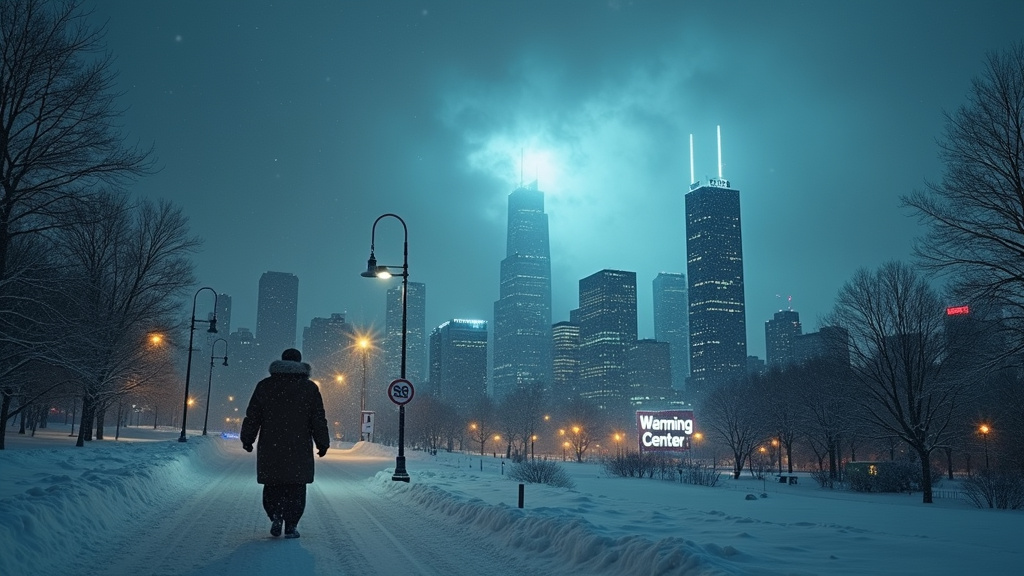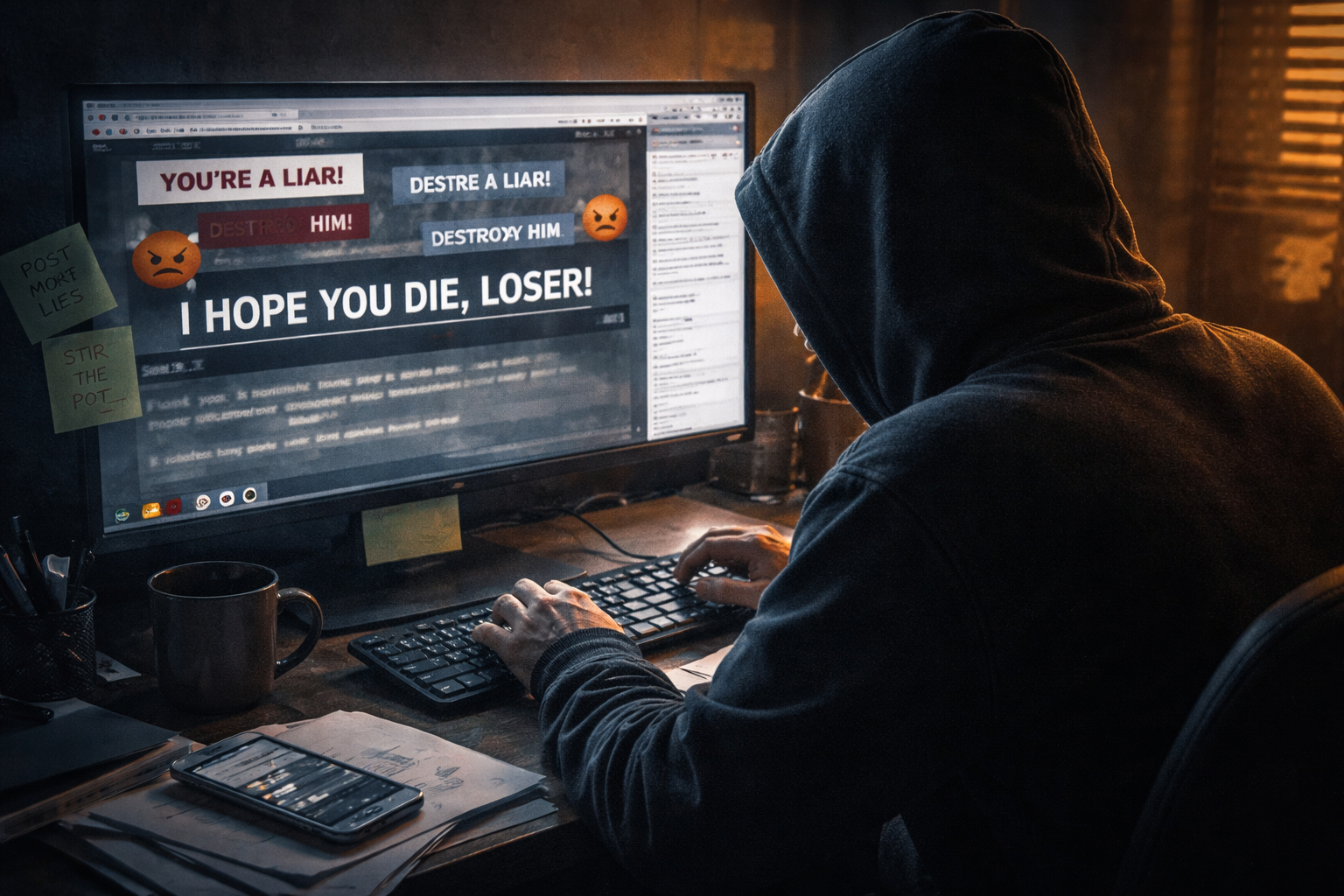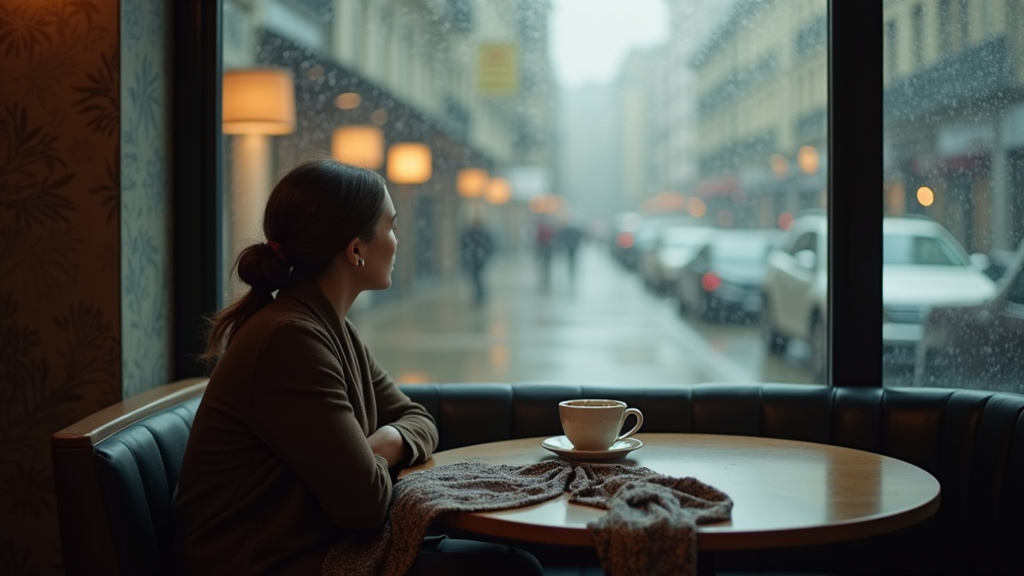Chicago Mayor Brandon Johnson has announced his decision to veto a controversial ordinance recently passed by the City Council that sought to significantly expand the authority of the Chicago Police Department (CPD) Superintendent, specifically regarding the imposition of temporary curfews for minors.
The measure, which narrowly cleared the City Council with a vote of 27 in favor and 22 against, aimed to grant the CPD Superintendent the power to enact temporary curfew zones and regulations. However, Mayor Johnson voiced strong opposition to the proposal, characterizing it as a potential threat to fundamental civil rights.
Civil Rights and Historical Context
In explaining his rationale for the veto, Mayor Johnson drew a direct connection between the proposed expansion of police authority and historical injustices. He stated emphatically, “Offering up police power, extended police power without any check or balance has not bode well for Black people and brown people in this country.” This statement underscores a central concern that the ordinance, by concentrating power in the hands of the CPD Superintendent, could disproportionately affect communities of color.
Johnson’s administration has often emphasized an approach to public safety that balances enforcement with community investment and civil liberties protections. His veto aligns with this philosophy, suggesting that enhanced police powers, particularly those affecting young people, require more stringent safeguards than the ordinance provided.
Opposition Raises Lack of ‘Reasonable Guardrails’
Critics of the ordinance, echoing sentiments that likely influenced the Mayor’s decision, argued vociferously that the proposal lacked “reasonable guardrails.” A key concern highlighted by opponents was the potential for the broad application of these temporary curfew powers.
For instance, opponents cited the possibility that the CPD Superintendent could declare expansive areas, such as the entire Chicago lakefront, as a curfew zone for the duration of the summer months. Under such a declaration, gatherings of more than 20 young people could be prohibited, ostensibly to prevent what the ordinance or its proponents might term a “mass gathering.” Critics feared that such broad, potentially subjective authority could stifle legitimate public assembly and recreational activities among youth.
The debate surrounding the ordinance exposed a divide within the city’s leadership regarding the most effective and equitable methods for maintaining public order and ensuring youth safety.
The Legislative Process and Path Forward
The ordinance’s journey through the City Council was marked by significant debate, culminating in the narrow 27-22 vote. While this margin was sufficient for initial passage, it falls short of the threshold required to override a mayoral veto.
Mayor Johnson’s veto now blocks the ordinance from becoming law. However, the measure is not entirely dead. The City Council has the authority to attempt to override the Mayor’s veto. To successfully override the veto and enact the ordinance into law, proponents would need to garner the support of at least 34 members of the City Council.
The outcome of a potential override vote remains uncertain and would likely involve further intense lobbying and debate among council members. Should an override attempt fail, the ordinance would be definitively struck down, requiring proponents of expanded curfew powers to potentially craft new legislation with different parameters and safeguards to address the concerns raised by the Mayor and other opponents.
Broader Implications for Youth Policy and Policing
The veto decision also reflects ongoing national conversations about the role of law enforcement in regulating youth behavior and the potential for policies intended to enhance safety to infringe upon civil liberties. Curfew laws, in particular, have often been the subject of legal challenges and public debate regarding their effectiveness, fairness, and constitutional implications.
Mayor Johnson’s action signals his administration’s preference for approaches that avoid what he perceives as unchecked extensions of police power, favoring strategies that may involve greater community engagement, youth programs, and targeted interventions rather than broad restrictions on movement and assembly.
The coming weeks will determine whether the City Council has the political will and necessary votes to challenge the Mayor’s decision, setting the stage for a potential showdown on an issue that touches upon civil rights, public safety, and the governance of the city’s young population.
The veto ensures that, for now, the authority to impose temporary curfews on minors remains within its current scope, absent the significant expansion proposed by the vetoed ordinance.











